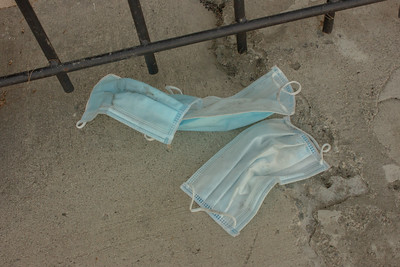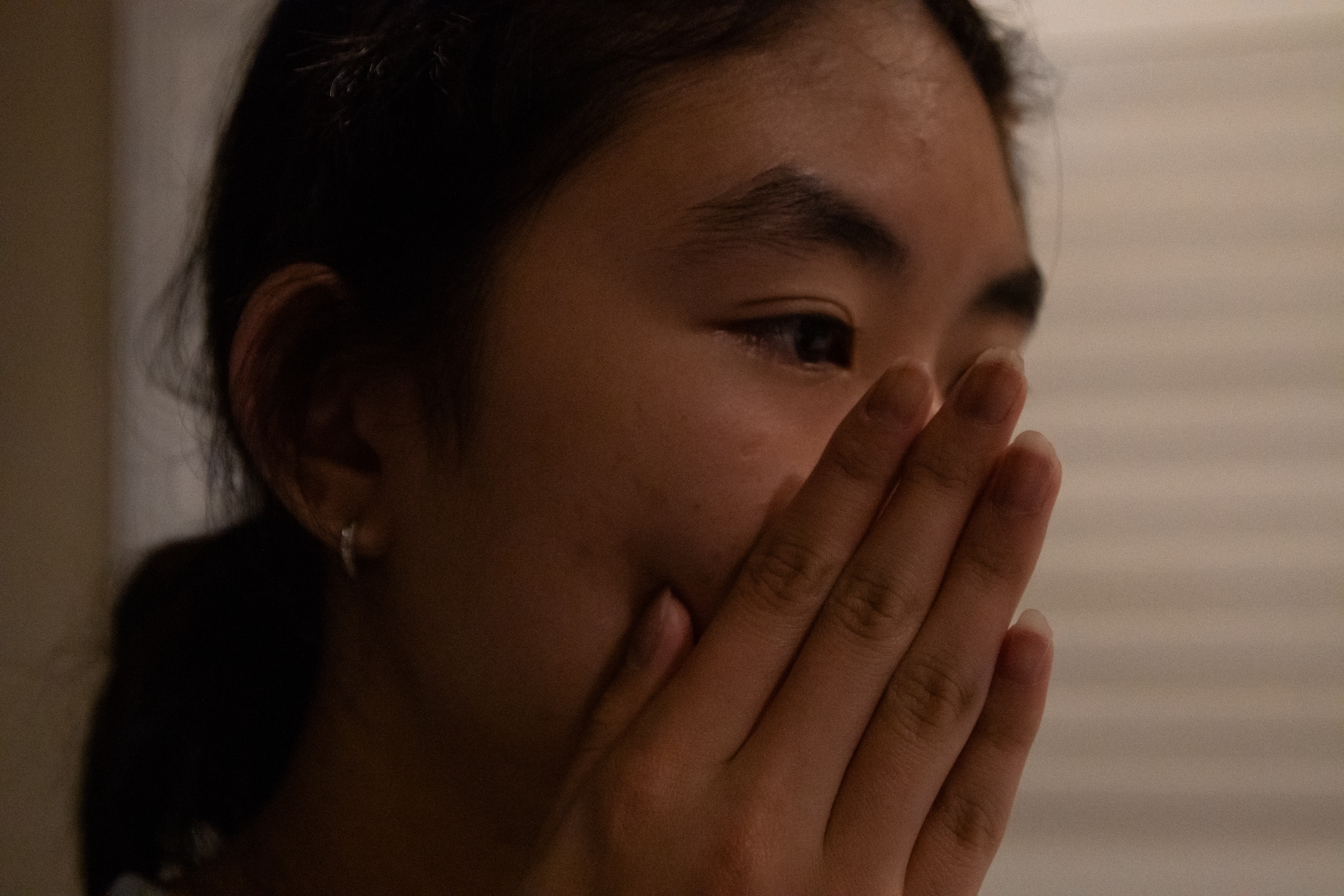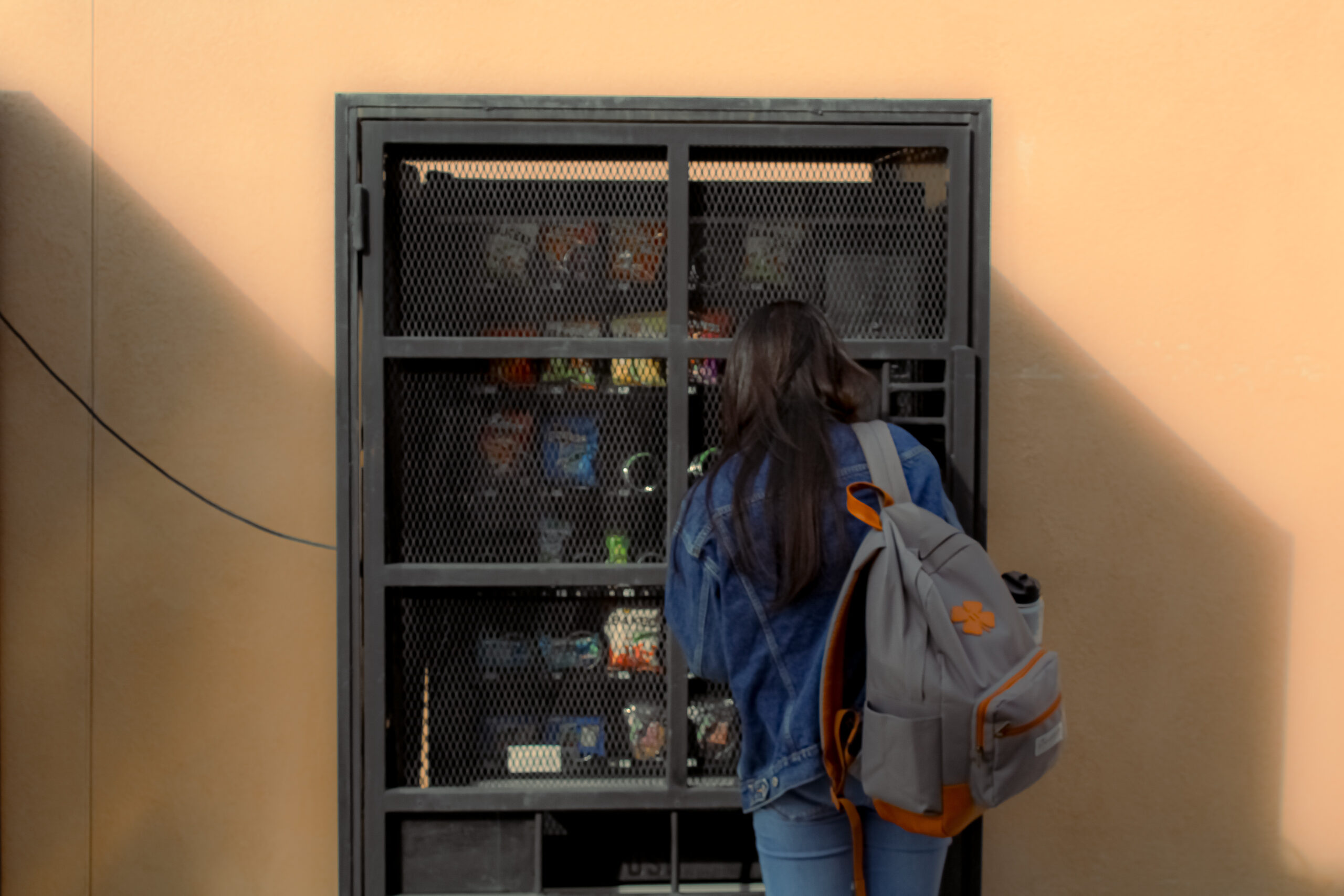
By Katy Nguyen
In March, the lives of many Americans were turned upside down as the nation began to react to the COVID-19 pandemic. Ten months later, COVID-19 has taken the lives of over 297,000 Americans, yet it seems many Americans don’t care about it anymore as they continue to party in large groups and tout health guidelines.
There were four million cases in November alone, but people welcomed the holiday season with gatherings all across the country. For Americans, it was the usual time of year to take a flight home and have a large Thanksgiving dinner, while the rest of the world watched in awe as the country with the most cases in the world continued to spiral downhill. There could only be one reason for blatant disregard of the pandemic now: desensitization.
There could be many psychological reasons behind this desensitization. To put it simply, the sight of body bags and mass burial sites no longer have the same effect on people as it did in March. Rather than seeing rising deaths as individuals who had vibrant lives, Americans have reduced them to mere statistics. And with the increase in traveling during the holidays, people act as if COVID-19 has come and gone the same way the seasons change.
Celebrities and social media influencers also continue to post about their lavish lifestyles, ignoring all social distancing guidelines. College students return to campuses, which quickly become hotspots, and the cry to reopen all schools has grown louder and louder. Even wearing a mask is seen as a political statement.
Along with desensitization, misinformation has influenced Americans’ perception of the virus. A recent study from Cornell University found that Donald Trump has been on the frontline of misinformation as he continues to discredit health officials and spread falsehoods about COVID-19 even after contracting it.
Misinformation has been increasingly harmful to the general public in times like these. It has waged a distrust in health officials and turns people to unreliable sources on COVID-19, such as internet conspiracies created by those who deny the pandemic exists.
More than ever, Americans need to focus on reducing the spread of COVID-19 by following proper health guidelines and adhere to restrictions set in their local counties and states. Even though a vaccine has been approved, the general public will not receive it immediately, and it is crucial to follow health regulations in these winter months. If Americans refuse to take COVID-19 seriously, the price we pay will be deadlier than it already is.





